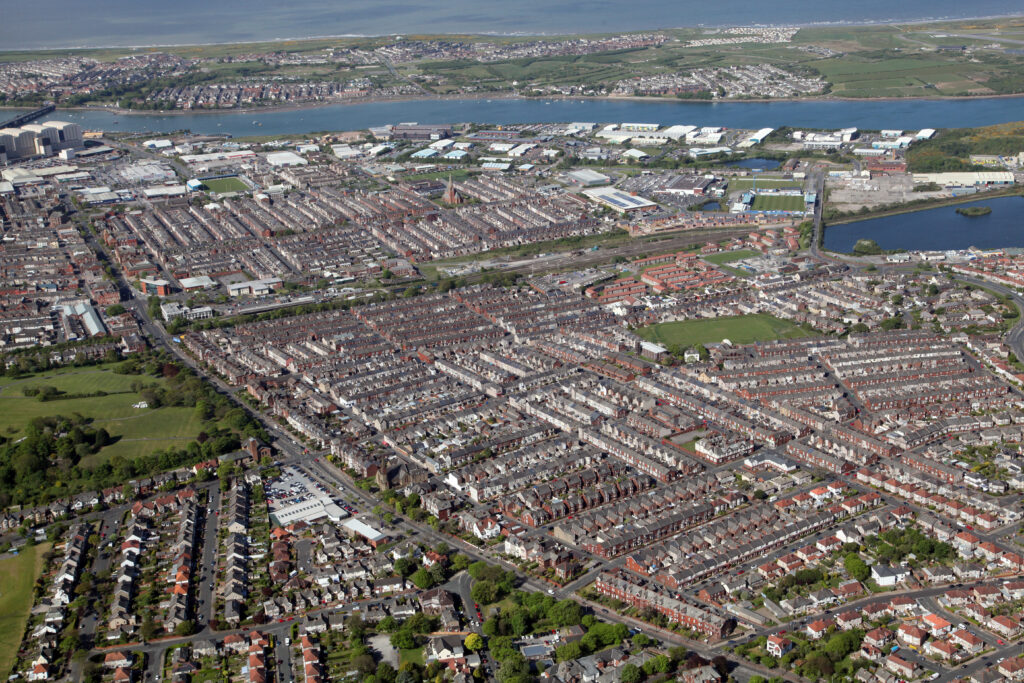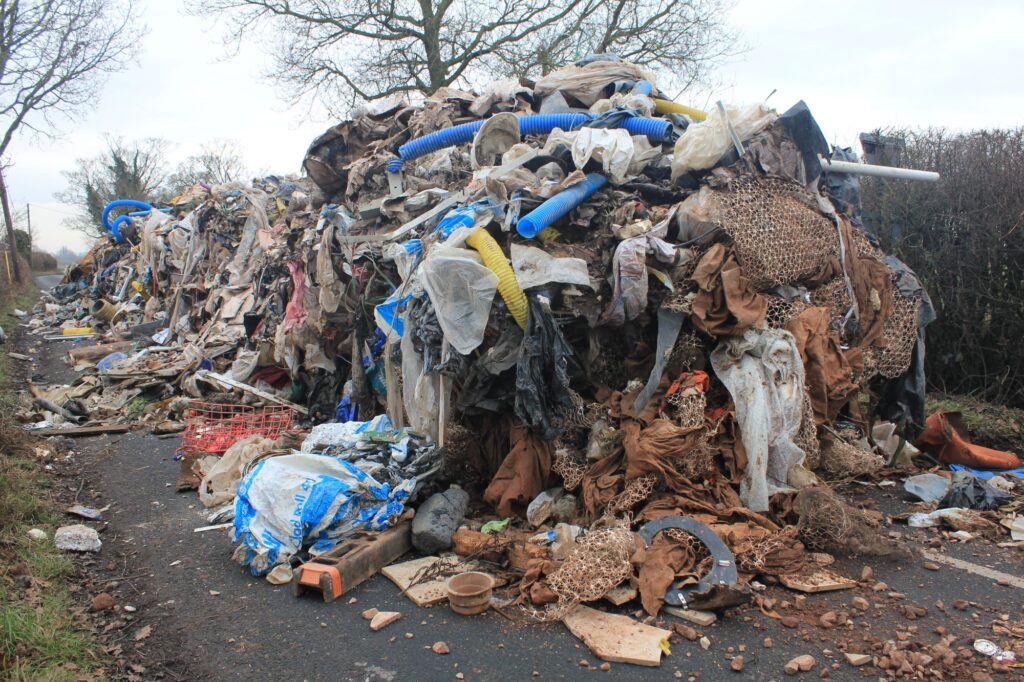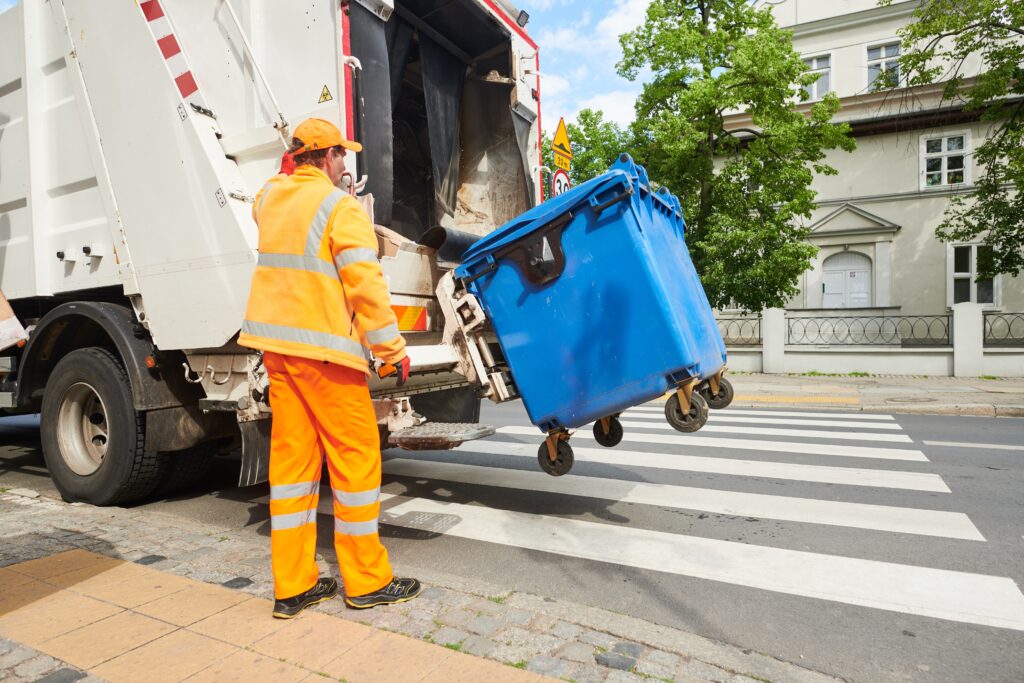Data from Defra (2022/23) and DAERA (2023/24) was used to calculate how much of the recycling collected by local authorities was later rejected due to issues such as contamination.
Barrow-in-Furness, which is run by Westmorland and Furness Council in Cumbria, rejected 1,836 tonnes of recycling out of 4,181 tonnes collected – representing 43.91%.
Barrow Borough Council moved its waste services in-house in October 2022 after previously being provided by an external contractor.
Soon after, Local Government Reorganisation in April 2023 then saw Westmorland and Furness Council taking over responsibility for services provided by Barrow Borough Council, Eden District Council, South Lakeland District Council and Cumbria County Council.
A spokesperson for Westmorland and Furness Council, told letsrecycle.com: “We recognise that recycling rates in the Barrow locality are not where they should be.
“Much work is now being carried out to harmonise waste and recycling services across the three localities, share best practice and ensure residents across Westmorland and Furness benefit from integrated and transformed waste and recycling services which are effective and efficient.”
Exeter city council had the second highest rejection rate at 38.82% followed by Liverpool at 29.51%.
The Westmorland and Furness Council spokesperson continued: “Further consultation with communities has recently finished and a new service will be agreed in September with an implementation plan to follow. Recent government reforms to make household recycling simpler are also informing this process.
“Key to this is educating residents about our recycling service and supporting them to minimise the amount of waste and increase recycling performance. This will build on campaigns such as Cleaner, Greener Barrow, which sought to help residents better understand which items could be recycled so that only those items were placed in the recycling box and bin, avoiding contamination which reduces recycling.”
Lowest recycling rejection rates
Tendring District Council is home to the lowest recycling rejection rates in the UK at just 0.01%. representing 1 tonne of rejected recycling.
BusinessWaste.co.uk, which analysed the data, suggested its low rejection rate could be due to education campaigns for residents on recycling guidelines.
The local authority reported a rise in their recycling rates in 2023, which they credited to a new waste system.
Second place is Somerset with 0.02% rejections, followed by East Devon District Council at 0.03%.
Educating the public
Graham Matthews, dry mixed recycling expert at BusinessWaste.co.uk, said: “There is a huge diversity in recycling rejection rates across England and Northern Ireland with some local authorities seeing rates close to 45%, whereas others only have one tonne of waste rejected.
“There is a certain onus on households to ensure they are recycling correctly to reduce contamination. However, we’d encourage local councils to dedicate resources to educating the public on how best they can avoid recycling rejection with guidance on what can and can’t be recycled, alongside tips for cleaning materials. Local councils could also consider imposing fines more frequently for those who regularly disregard recycling rules as a deterrent.”









Subscribe for free